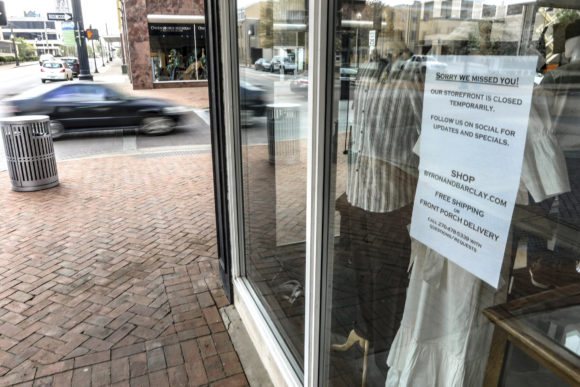By Elizabeth Blosfield, Claims Journal | April 16th, 2020
New Jersey was the first state to propose a bill that would mandate insurers cover COVID-19-related losses under their business interruption policies, and the insurance industry was quick to express its concern. But that hasn’t stopped some states from rolling out similar proposed legislation.
New York and Pennsylvania have recently proposed their own COVID-19 business interruption bills, bringing the total to seven states that have introduced legislation like this. Similar to New Jersey, New York and Pennsylvania is legislation that has been floated in Louisiana, Ohio, Massachusetts and South Carolina. None of the proposed bills have yet passed.
The concern among the insurance industry is that legislation like this could place too much financial strain on insurers that didn’t price for virus-related losses, which were initially excluded from policies nearly 15 years ago through an Insurance Services Office (ISO) exclusion for loss due to virus or bacteria. The ISO exclusion was introduced in July 2006 and later approved by regulators. Similar exclusions exist in forms issued by other insurance organizations or in insurer-drafted forms, Insurance Journal previously reported.
“I think in layman’s terms, it would implode the industry,” Doug Jones, managing director of JAG Insurance Group, told Insurance Journal in a March webinar on business interruption and the coronavirus. “At the end of the day, the ripple effect of what that would cause down the road, and I’m talking short-term, not long-term; I’m talking about months from now, not years from now. It would be difficult for anybody to buy any type of insurance.”
Additional concerns among the insurance industry about this type of legislation surround The Contracts Clause in the U.S. Constitution, which places limitations on states’ ability to interfere with private contracts.
“It’s just not constitutional,” Don Hayden, co-founder and partner of Mark Migdal & Hayden, added. “I mean, what you’re essentially doing is creating insurance where there is nothing. You’re essentially throwing out the underwriting and the risk evaluation that insurance companies have done before writing a policy and saying, ‘You have to cover this. Even though you had expressly said that you would not cover it in your exclusion and in your insurance agreement.’”




